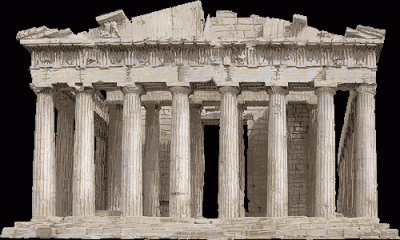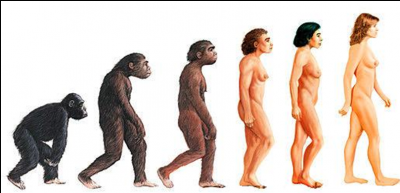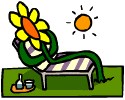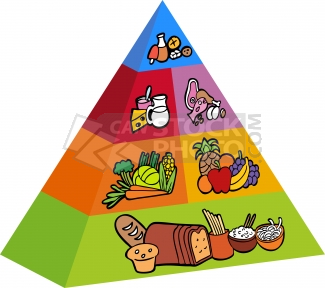
Ancient Buildings
I. Vocabulary
·column
·statue
·archaeologist
·carving
·steps
·block
·jewelry
·pot
·maze
·palace
·slanted
·explorer
·ancient
·fortress
·rich
·central heating
·border
·invade
·ruins
·aqueducts
II. Irregular Verbs
U1 – be | U2 – come | U3 – feel | U4 – hear | U5 – make | U6 – see | U7 – spend | U8 – try |
U1 – become | U2 – cut | U3 – find | U4 – hide | U5 – mean | U6 – sell | U7 – steal | U8 –understand |
U1 – bite | U2 – dig | U3 – fly | U4 – hold | U5 – meet | U6 – send | U7 – stick | U8 – wake |
U1 – break | U2 – do | U3 – forget | U4 – hurry | U5 – pay | U6 – show | U7 – study | U8 – wear |
U1 – bring | U2 – draw | U3 – get | U4 – hurt | U5 – put | U6 – sing | U7 – swim | U8 – win |
U1 – build | U2 – drink | U3 – give | U4 – keep | U5 – read | U6 – sink | U7 - take | U8 - write |
U1 – bury | U2 – drive | U3 – go | U4 – know | U5 – ride | U6 – sit | U7 – teach | |
U1 – buy | U2 – eat | U3 – grow | U4 – learn | U5 – ring | U6 – sleep | U7 - tell | |
U1 – catch | U2 – fall | U3 – hang | U4 – leave | U5 – run | U6 – slide | U7 – think | |
U1 – choose | U2 – feed | U3 – have | U4 – lose | U5 - say | U6 - speak | U7 - tidy | |
III. Grammar
Indefinite pronouns
Use indefinite pronouns to talk about people, things, and places which we don’t name.
Someone | Something | Somewhere |
Everyone | Everything | Everywhere |
No one | Nothing | Nowhere |
i.e. There is something wrong with all of my inventions.
There are machines everywhere.
There’s nothing wrong with me.
In negative sentences and questions we use any- instead of some-
i.e. Is there anything wrong, Professor?
There’s someone at home → There isn’t anyone at home
Question Tags
Use question tags at the end of sentences to mean ‘Am I right?’ or ‘Do you agree?’.
i.e. These necklaces are beautiful, aren’t they?
The Egyptian room is upstairs, isn’t it?
We can’t take photos in here, can we?
IV. Working with words
Suffix –ful
We add –ful to words to make adjectives.
Wonder | Cheer | Help | Care | Play | Fear | Color | Thought |
Wonderful | Cheerful | Helpful | Careful | Playful | Fearful | Colorful | Thoughtful |
When a noun ends in a consonant + y, remove the –y and add –iful.
Beauty → Beautiful
V. Writing Skills
Making writing more interesting.
We can make a piece of writing more interesting by :
Have you ever wondered what life was like in ancient Rome?
- Using the senses (what could we hear/see/smell/taste/touch):
I could smell the fresh bread from the bakeries as I walked through the noisy streets.
- Using a variety of adjectives:
But I imagined excited Romans sitting in the seats and watching a fantastic show.
- Describing people’s thoughts and feelings:
I felt scared, because the rooms were small and dark.
“Come back soon,” he said.

 They use the sunlight and the green in their leaves to make sugars from carbon dioxide (which they breathe in through their leaves during the day) and water. This sugar is then used to give the plant energy so that it can grow. This process is called photosynthesis and is the most important process on the planet, as many other plants and animals depend on plants to survive. Most of the energy is used to make new plant material, although some of it is stored by the plant for use during the months when there is less sunlight.
They use the sunlight and the green in their leaves to make sugars from carbon dioxide (which they breathe in through their leaves during the day) and water. This sugar is then used to give the plant energy so that it can grow. This process is called photosynthesis and is the most important process on the planet, as many other plants and animals depend on plants to survive. Most of the energy is used to make new plant material, although some of it is stored by the plant for use during the months when there is less sunlight. If plants could not turn the sun's energy into food, we would all die. That is because we can eat all sorts of things plants grow, such as leaves, seeds, fruits, roots, nuts and flowers. But we can't eat sunshine! Text
If plants could not turn the sun's energy into food, we would all die. That is because we can eat all sorts of things plants grow, such as leaves, seeds, fruits, roots, nuts and flowers. But we can't eat sunshine! Text
